Commercial
Real Estate
Tired of dealing with increasing rent and difficult landlords? Leave your lease behind and move into your own property with our easy real estate financing options.
Your small business needs a space to house supplies, personnel, and equipment, but leasing can be restrictive. Improving the property, holding events, and even your business hours can be left to the discretion of your landlord.
There are SBA loans for almost any business expense
any business expense.
There are two types of SBA loan depending on your goals. For construction and development programs there is the 504 loan, which protects you and the lender by vetting contractors that work on your project and through staged evaluation of development progress.
SBA backed 7a loans provide a much more broad application and include everything from equipment loans, commercial real estate acquisition funds and even working capital .
1.
Commercial Real Estate Loans
Commercial real estate loans aren’t quite the same as residential loans. Although they share some of the benefits of a home mortgage, commercial loans are designed with businesses in mind.
A commercial loan is made to a company, rather than an individual. They mature in 20 years or less, instead of the 30 plus years of a residential loan. Most commercial LTV ratios are under 80% whereas some residential loans will cover 100% of the property value.
Your lender will look at your company’s DSCR, or debt-service coverage ratio, to see how well the property will pay for the debt. Learn how you can qualify for a commercial real estate loan by speaking with one of our financing experts.
SBA 7(a)
The U.S. Small Business Administration’s 7(a) loan is one of the most popular ways to finance commercial real estate. Obtained through a private lender, the loan is backed by the SBA, much like a cosigner. That encourages lenders to reach out to small businesses.
To qualify for an SBA loan, a business must operate as a for-profit company. Annual net income should be less than $5M and total net worth must be under $15M. If you qualify, your business can get $5M in loan money to buy commercial real estate.
Navigating the 7(a) application and approval process can be daunting for the inexperienced business owner. You’ll need to provide personal and business records and a criminal background check for starters. We can show you how to navigate the process and answer any questions you have.
2.
3.
SBA 504
Another effective SBA financing option is the SBA 504 loan. The same eligibility requirements apply as for the SBA 7(a) loan. However, the loan structure is a bit different.
For a 504 loan, two lenders participate in the process. 50% of the total loan is supplied by a private lender, 40% is through a Certified Development Company, and the remaining 10% comes from the borrowing business.
Neither the SBA 7(a) loan nor the SBA 504 loan can be obtained directly through the Small Business Administration. That’s why it’s important to partner with a qualified brokerage to secure the financing you need today.
Bridge Loans
Finding long-term financing for commercial real estate is a necessity for most small businesses. But how do those businesses cover expenses in the short term? The answer is bridge loans.
Bridge loans are short-term financing that helps business owners cover the gap before the long-term financing comes through. These loans can be approved quickly, sometimes in as little as 24 hours.
Use a bridge loan to get cash based on the value of the incoming property. When long-term financing arrives, simply use it to pay down the short-term loan. If you have questions, we have the answers. Contact us today.
4.
Advantages




